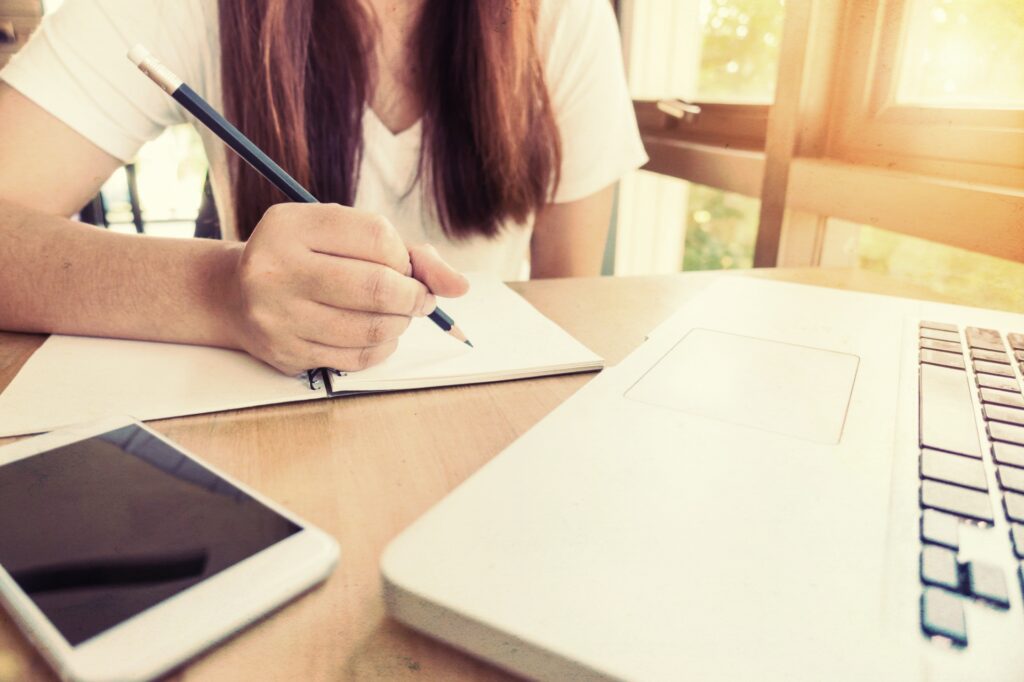School principals and families make a positive assessment of distance learning, imposed by the covid-19 pandemic, recognizing that it is going better than last year, but there are still difficulties and nothing replaces in-person.
For almost a month in distance learning, due to the worsening of the pandemic in Portugal, the representatives of these two elements of the educational community look back and have no doubts: the 2.0 version of the online classes is being much better than the first experience, but it is not an oasis.
"It has gone quite well, given the circumstances, and it was possible to use the experience of the first confinement, which helped us to solve some problems, but none of us is convinced that distance learning will replace face-to-face teaching," the president told Lusa of the National Association of School Leaders (ANDE).
Despite the positive balance, Manuel Pereira points out problems that are not new, but persist: students with difficulties in accessing the Internet, children still very dependent on parental monitoring and lack of working conditions at home.
In this distance learning, the Ministry of Education extended access to reference schools for reception, which also began to receive students with special educational needs and those who were unable to follow the online classes.
"We are very attentive and, if a student has unjustified absences, even though he has conditions at home, he is immediately referred to come and attend the online system at school", explained the president of another association representing school principals.
For Filinto Lima, from the National Association of Schools and Public Schools Directors (ANDAEP), these conditions at home go beyond the availability of a computer and Internet access, with the home environment being more important.
«What interests me that a student has a computer that is a kind of Ferrari, if he can only drive it on a goat path?», he compares.
In more than 700 reference schools, students have material and a team to help them monitor, through the computer, the classes that continue to be given by their teachers, and also on the parents' side, this alternative was considered essential.
"It is an essential help for those who have no other way to monitor classes and even to avoid further damage, because in this type of education many children regress in learning and this is a way to minimize the situation", considered the president of the National Confederation of Parent Associations (Confap).
For Jorge Ascenção, one of the main flaws that remained in this new distance learning is, on the other hand, related to the way the work was organized.
Schools had autonomy to define the percentage of synchronous and asynchronous classes and while some chose to replicate the presidential class schedule online – an option that the representatives of parents and principals consider inadequate – others do not seem to ensure sufficient follow-up.
“Often, it depends more on people than on resources and we have very dispersed situations. There are situations in which it only connects once a day and in others not even that», laments Jorge Ascenção.
On the other hand, Rui Martins, who heads the National Independent Confederation of Parents and Guardians (CNIPE), also highlights the difficulties experienced by the families themselves in managing the school at home.
"This forced families to make an increased effort and these have been very unstable days," he said, referring to the important contribution of expanding family support, which now includes parents who take care of children until the end of the first cycle , and that took effect last week.
Still, he adds, the scenario does not become much less complex for families that currently have more than one child in distance education.
Despite the shorter list of problems highlighted now, regarding the distance learning period that marked the last academic year, and the solutions that have been adopted, parents and principals remain concerned about the effects on learning.
"I believe that it is the youngest children, especially from the 1st cycle, who will be able to pay the heaviest bill in the coming years and there will have to be a strong investment by the Ministry of Education in the near future to recover and consolidate learning", considered Filinto Lima.
The other representative of the principals, Manuel Pereira, goes further and considers that the situation is more serious this year, considering that already in the 1st term, many schools had students and entire classes at home due to outbreaks of Covid-19.
In addition to this, Rui Martins from CNIPE mentions a more immediate concern, which is not resolved with the long-term consolidation of learning and for which he considers urgent to find an alternative: students who are going to take exams for access to higher education.
The educational establishments have been closed since the end of January, when the Government announced the suspension of teaching activities for two weeks, which would be compensated for at Carnival, Easter and an extra week at the end of the school year.
In the meantime, classes were resumed on February 8th, but in a distance learning regime, similarly to what happened last year. The return date should be known next week.



















Comments